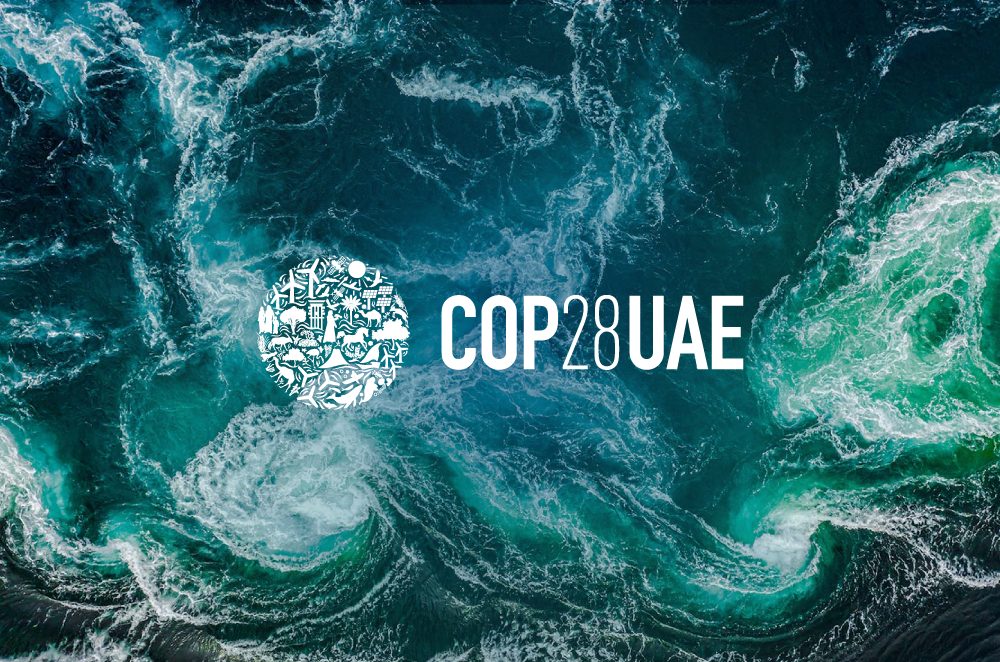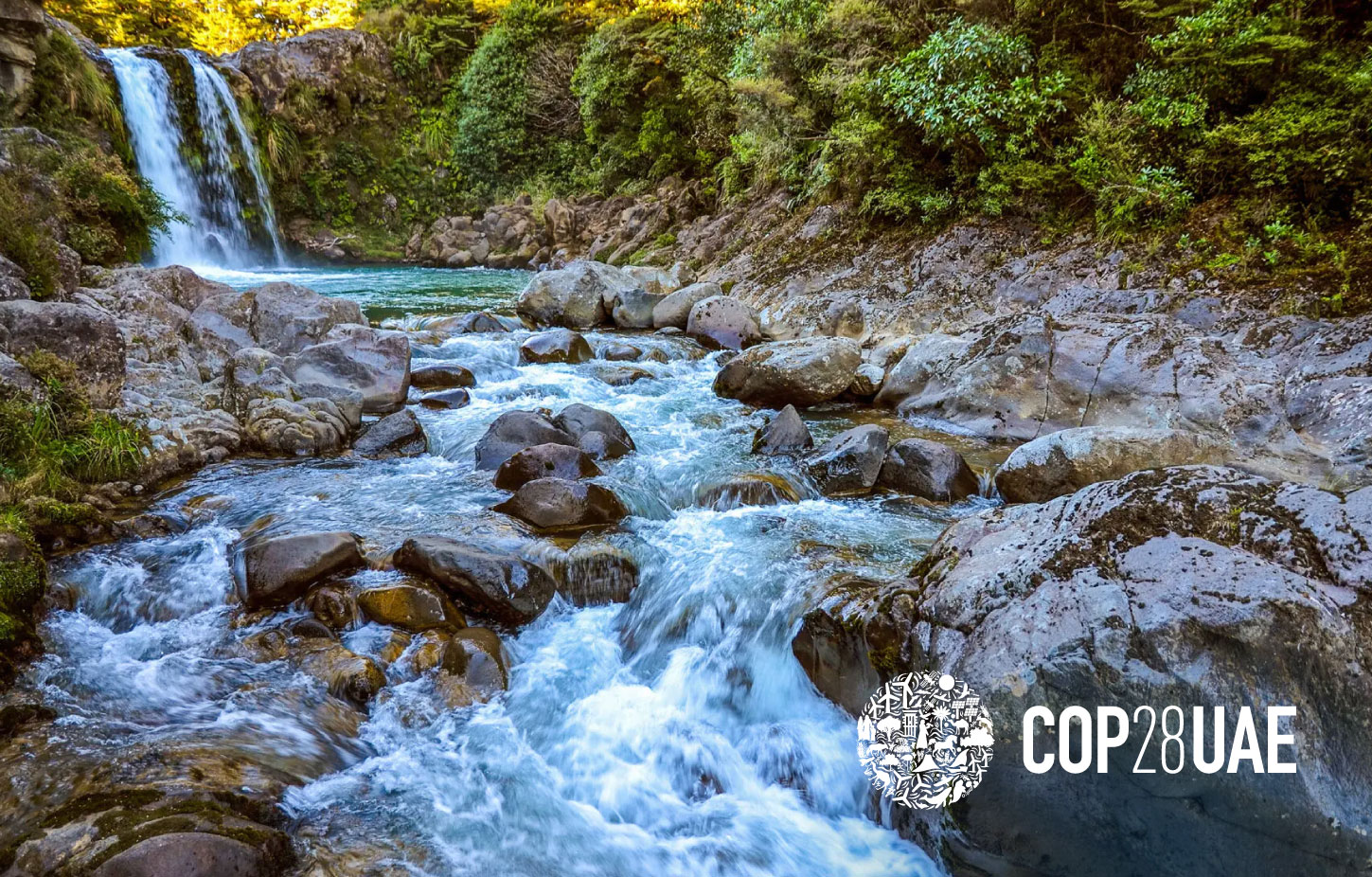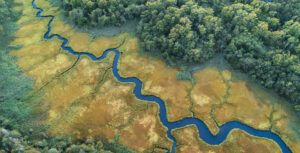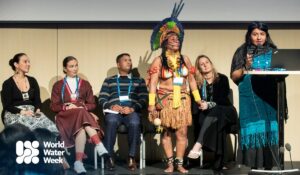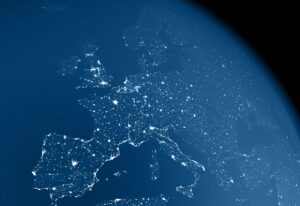The link between human rights and climate change
“Those who are most affected by climate change, have the right to participate in decision making surrounding water.”
We also caught up with Virgina Mariezcurrena, who is the focal point for SIWI’s work on Human Rights Based Approach. We asked her three questions:
Who is responsible?
In general, it is the responsibility of governments to ensure the right to water. But all actors bear the duty of respecting rights, while some have the duty of protecting rights and making sure that things are not getting worse on the ground. The role of the private sector has been long discussed and is more prominent of late.
How can the right be fulfilled?
One basic but very important step is awareness creation about the fact that people are entitled to have access to clean and safe drinking water. Another is advocacy towards the duty bearers to fulfill these rights. There is a process to fight for this right, that NGOs can support.
What is the message for COP28?
We normally say that water is central to achieving all the Sustainable Development Goals. My message to COP28 would be that if we put humans at the center of water issues, it helps us understand why water matters for climate change mitigation and adaptation.
Follow SIWI to COP28
Join SIWI in a range of events, onsite and online, as we highlight water’s role in effectively addressing climate change. We are also the leading organizer of the Water for Climate Pavilion, where much of the water-related events will take place.
More about SIWI at COP28